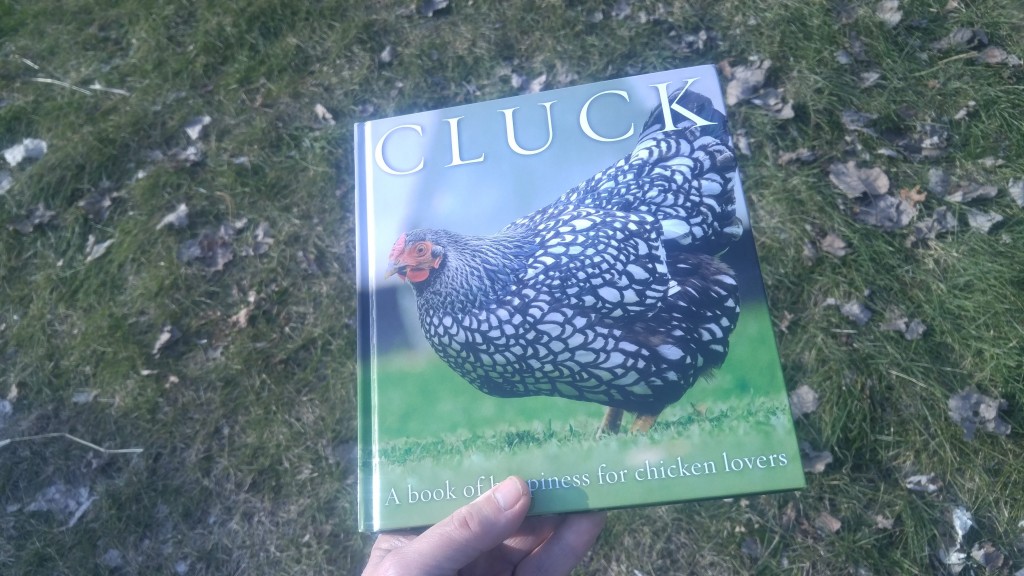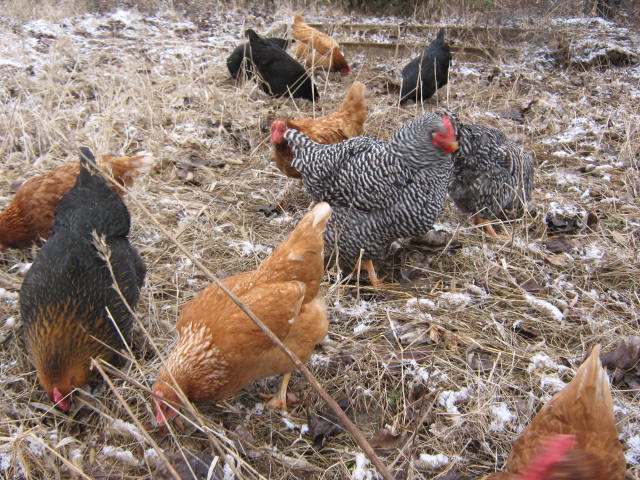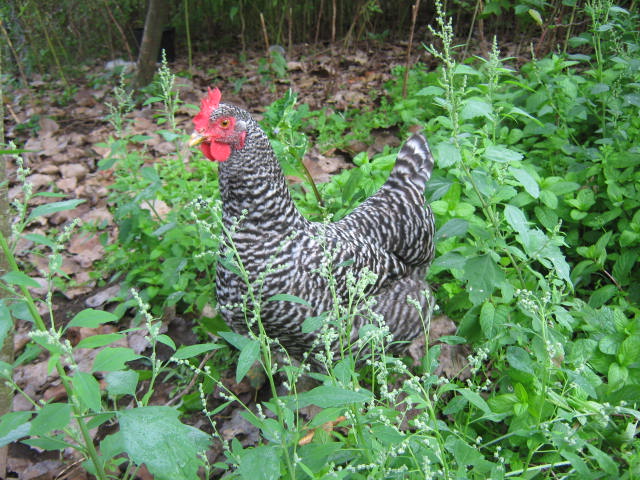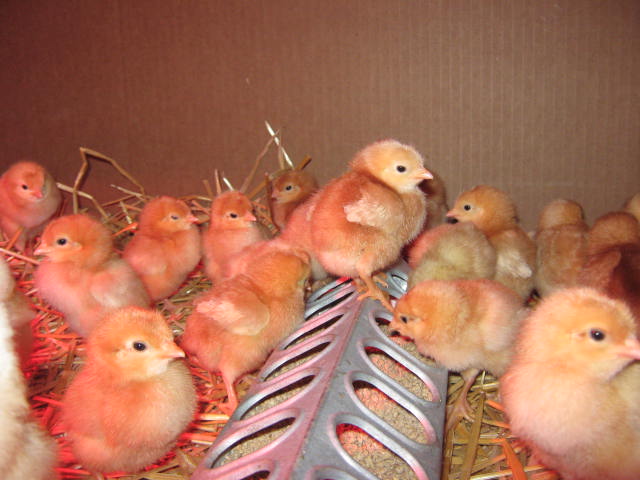Regular readers of this blog know that I have a flock of chickens that not only provide eggs but also help out in the garden. For example, in the spring I let them out to weed fallow areas and to dig up grubs and other underground garden pests before I plant.
I’ve had hens for eighteen years and in that time have become very familiar with their behaviors, habits and even personalities. Yes, chickens have individual personalities that become easy to spot once you get to know them.
Through the years I’ve read a lot of articles and books about chickens, so good and some not so good. Most I read or skim and never go back to them again. Recently, a book from New Zealand caught my eye, “Cluck A book of happiness for chicken lovers” edited by Freya Haanen.
It’s loaded with charming photographs of chickens in their natural habitat, which is just about everywhere and anywhere. What tickles me is how she was able to capture those chicken personalities perfectly through her selection of photographs.
The book also contains memorable quotes about chickens from philosophers, poets, scholars and great thinkers throughout history. Some serious, some amusing and some just leave you scratching your head.
This is not the type of book filled with facts, figures and how-to’s. It’s one that you keep around the house and keep coming back to. Folks who long for a flock of hens of their own but can’t swing it right now, for what ever reason, will love it.
Bob



